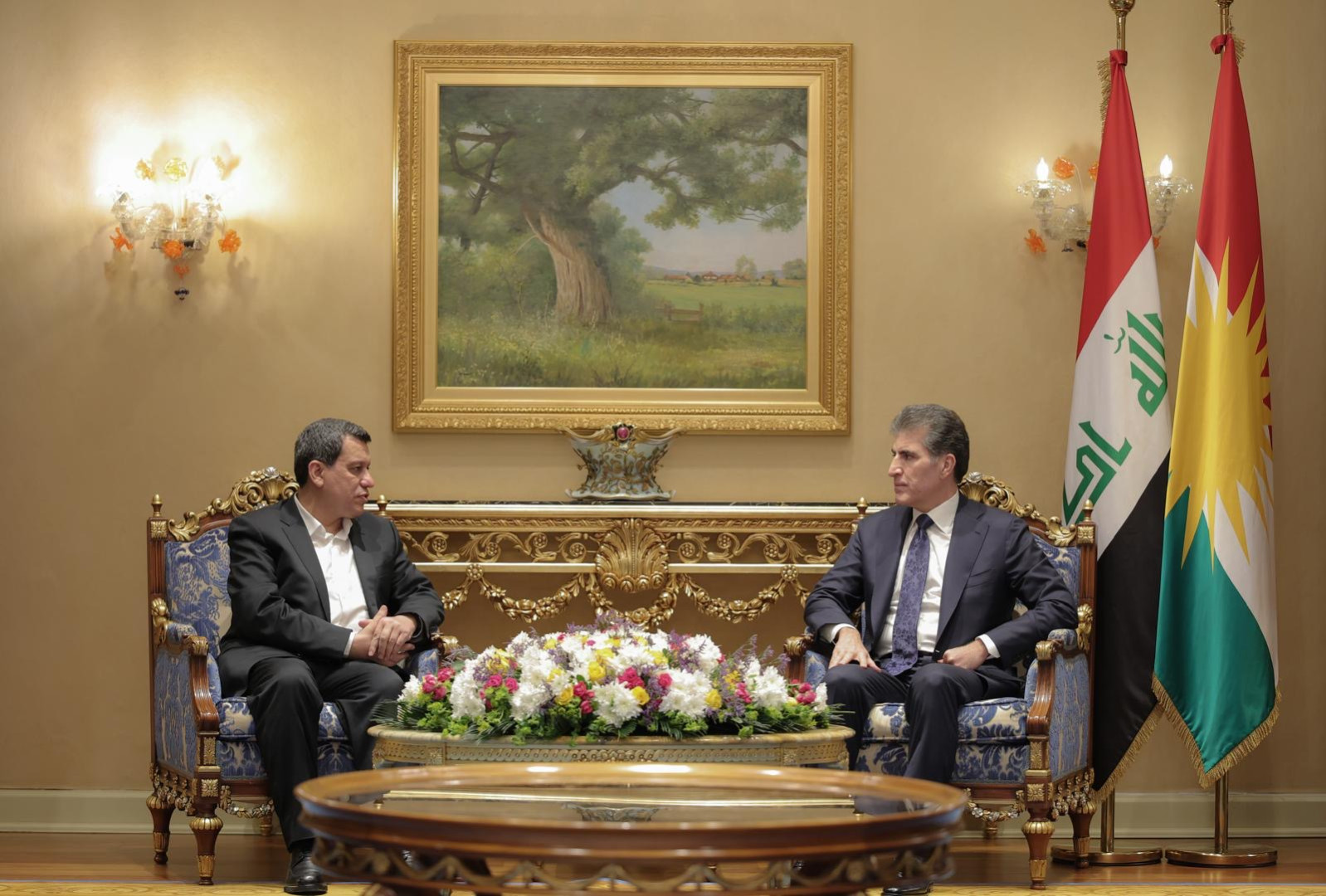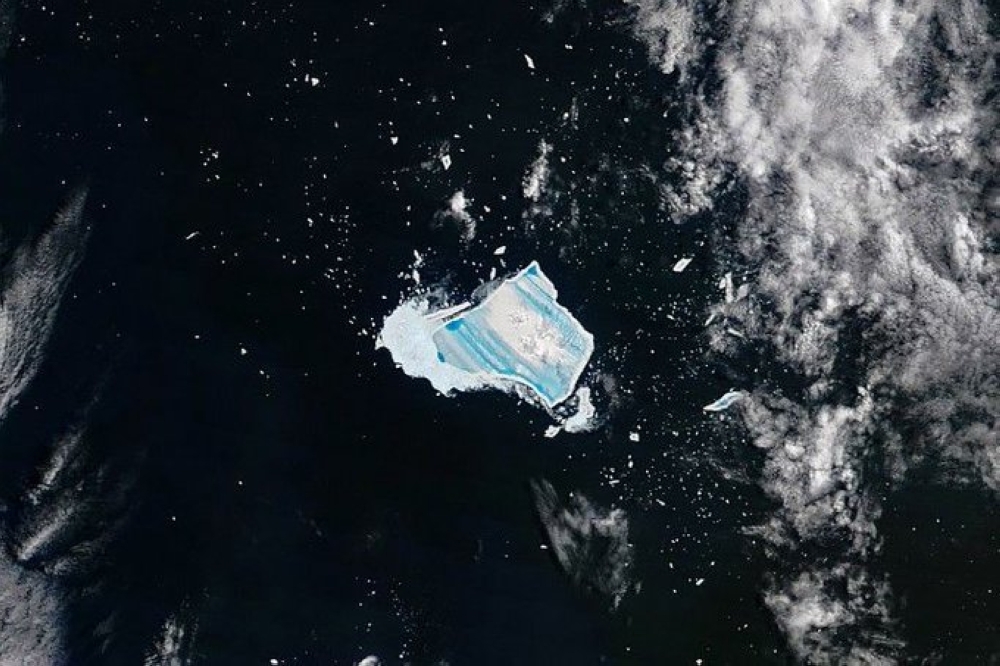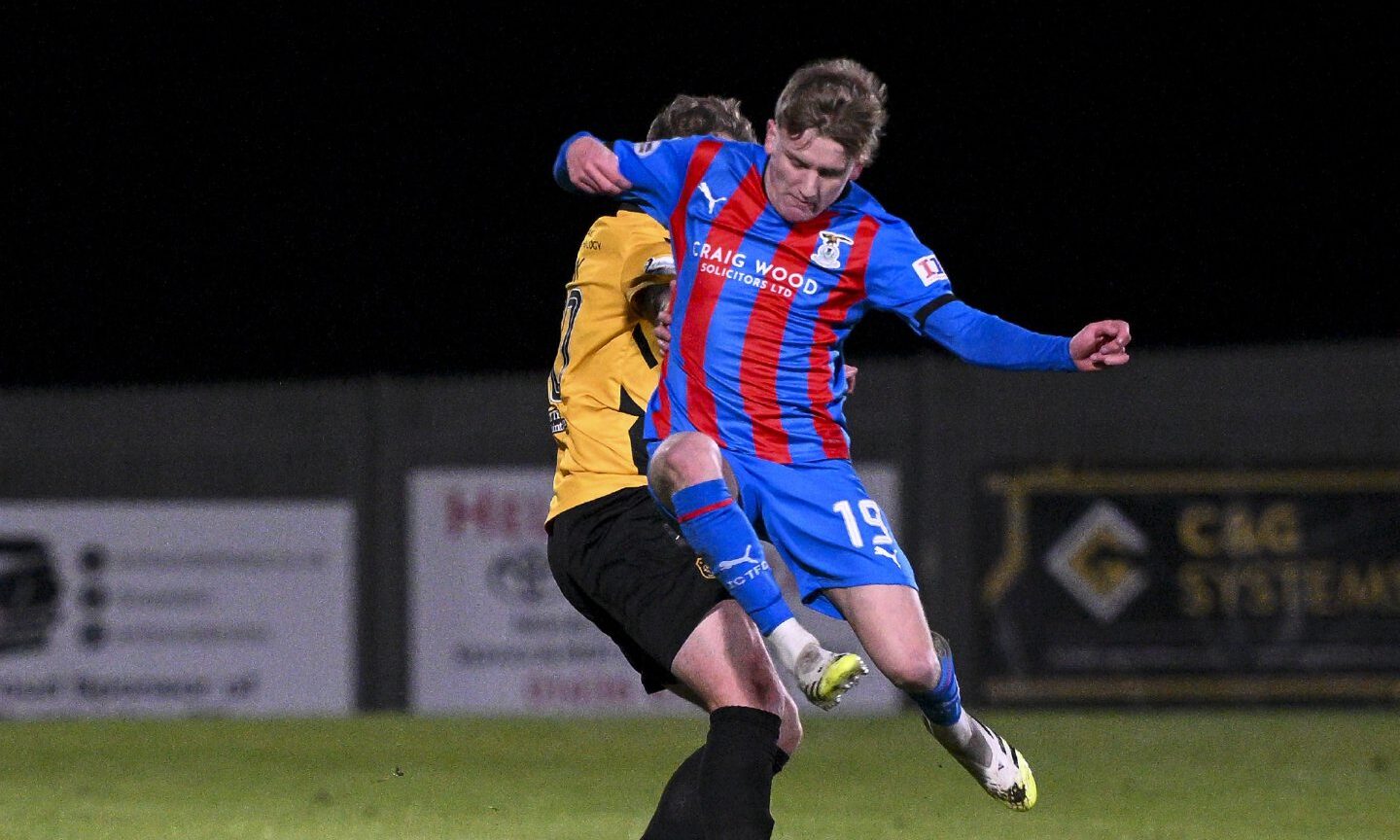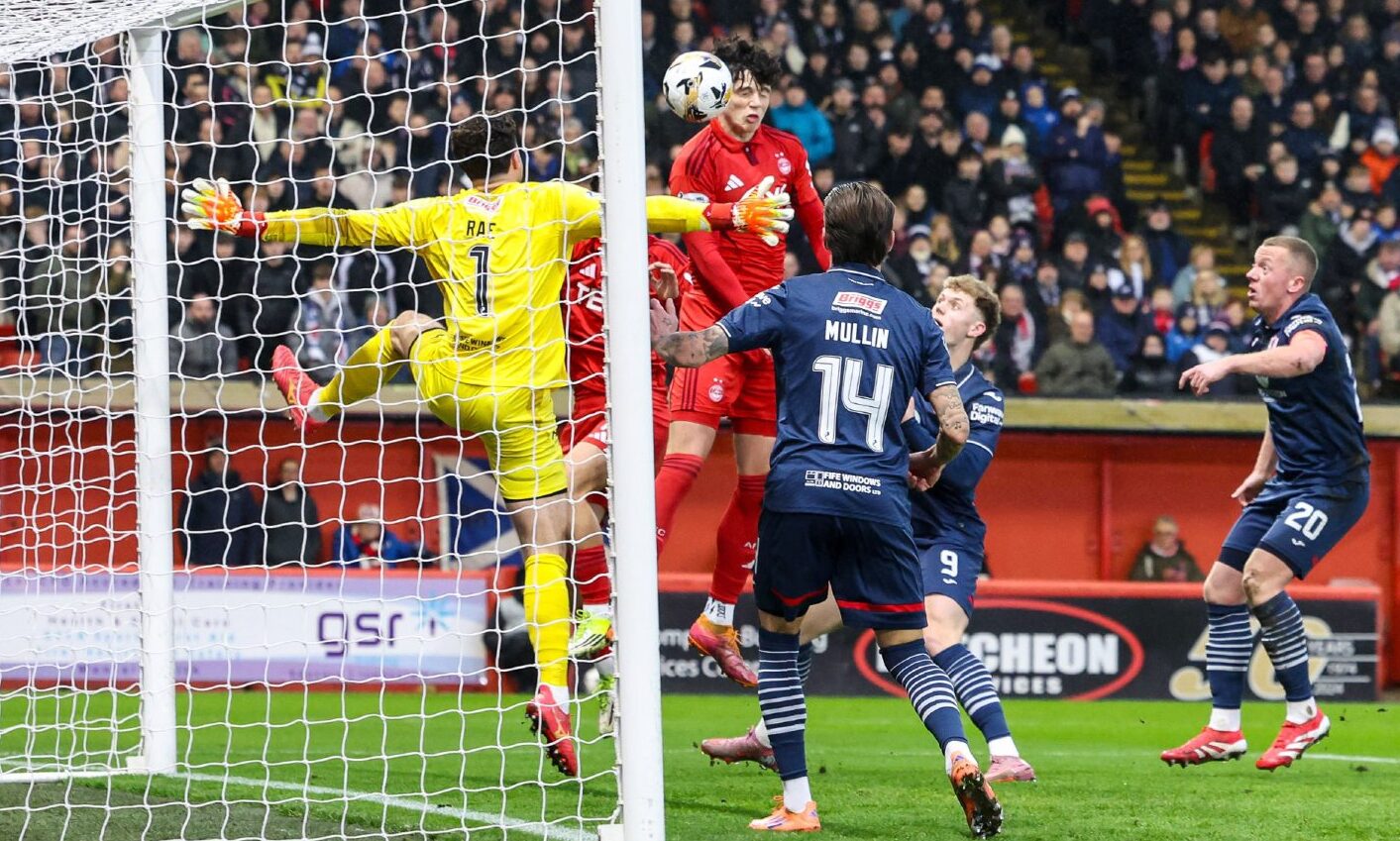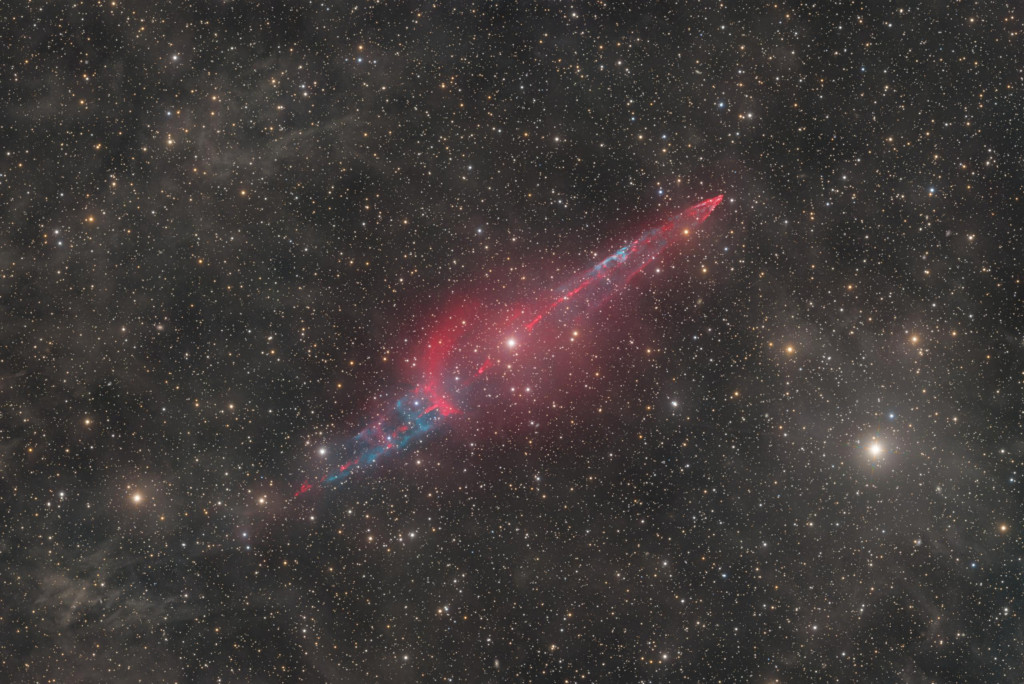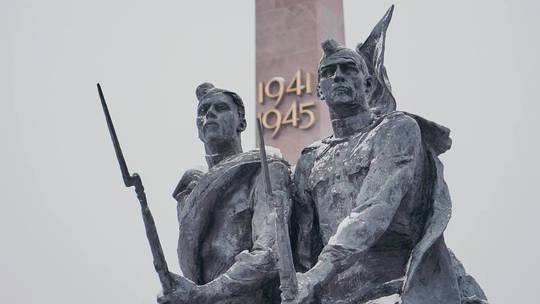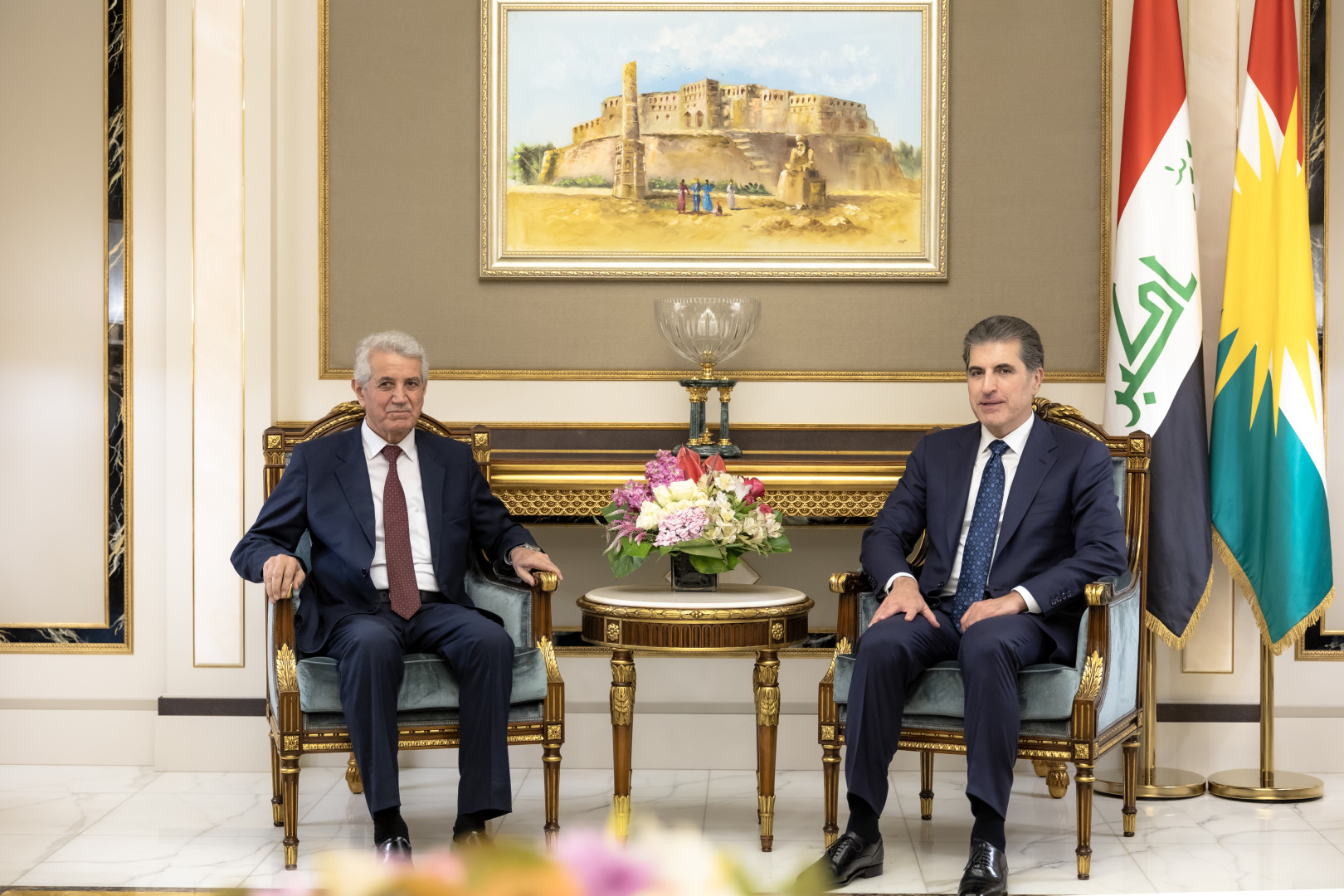Who is Mark Savaya, Chaldean-American businessman named Trump’s Iraq envoy?
Mark Savaya supported Trump in the 2020 and 2024 presidential elections and was credited by the president with helping to secure votes in the battleground state of Michigan.
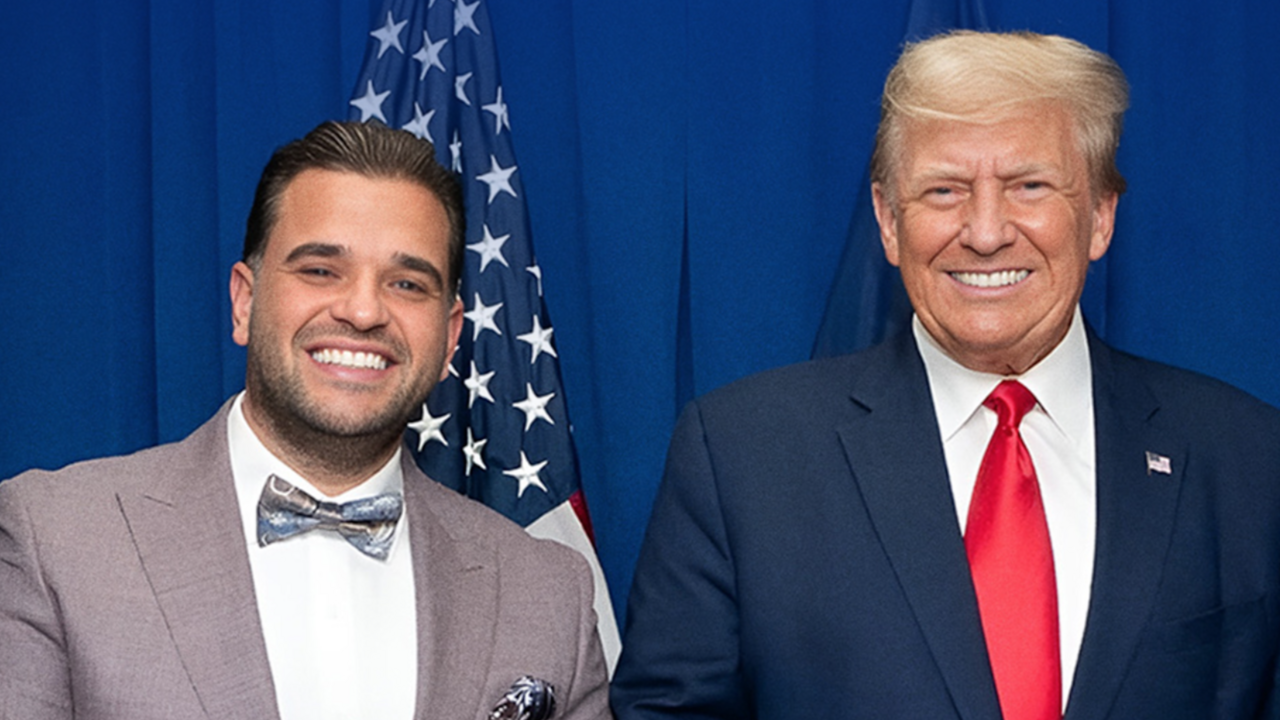
US President Donald Trump named Iraqi-American businessman Mark Savaya as special envoy to Iraq on Sunday. Savaya, who supported the president’s 2020 and 2024 campaigns, was recently involved in negotiations to free Princeton researcher Elizabeth Tsurkov from captivity in the country.
Trump touted Savaya’s “connections in the region” and said he helped deliver Muslim-American votes for him in the 2024 election.
“Mark’s deep understanding of the Iraq-US relationship, and his connections in the region, will help advance the interests of the American people. Mark was a key player in my campaign in Michigan, where he, and others, helped secure a record vote with Muslim Americans,” said Trump in a post on Truth Social.
Savaya said he will seek to strengthen relations with Iraq while serving as envoy.
“I am deeply humbled, honored and grateful to President Donald J. Trump for appointing me as special envoy to the Republic of Iraq. I am committed to strengthening the US–Iraq partnership under President Trump’s leadership and guidance,” he said on Instagram.
Who is Savaya?
Savaya was born in Iraq but later immigrated to Michigan in the United States, according to the local Fox affiliate in Detroit. Savaya is a member of the Chaldean community, and Chaldean social media sites celebrated his appointment.
The Chaldean Catholic Church is in communion with Rome and is one of several churches representing Iraqi Christians. Like Assyrian and Syriac Christians, Chaldeans speak Aramaic and have a presence in modern-day Iraq that dates back thousands of years.
Savaya is known as the founder of the cannabis dispensary Leaf and Bud, which sells marijuana products for both medical and recreational use. The company opened its first stores in 2020 and currently has three locations in the Detroit area, according to its websites.
Savaya donated more than $20,000 to Trump’s campaign, the Republican National Committee and related groups during the 2020 election, according to the Federal Election Commission database. He was seen with Trump at a number of campaign rallies and fundraisers in Michigan during the 2024 election, according to The New York Times.
Tsurkov said in a post on X on Sunday that Savaya played an “instrumental role” in freeing her and praised the appointment.
The official Iraqi News Agency reported on Savaya’s appointment, but Baghdad did not otherwise offer any statement. The Iraqi Embassy in Washington did not immediately respond to Al-Monitor’s request for comment.
The Kurdistan Regional Government’s representative in the US congratulated Savaya in a post on X.
Future of US-Iraq relations
Savaya's tenure comes at an uncertain time in US-Iraq relations. Washington and Baghdad agreed in 2023 to draw down the US troop presence in the country by September 2025, but Prime Minister Mohammed Shia al-Sudani told reporters on Monday that 250 to 350 US military advisers would remain at the Ain al-Asad Air Base in western Anbar province. Another roughly 2,000 US troops that are expected to remain have been relocated to the Al-Harir Air Base in recent months.
US troops are in Iraq as part of the global coalition to defeat the Islamic State (ISIS). Iraq captured ISIS' last territory in 2017, though the group has remained active on a smaller scale since then.
The Trump administration has been putting pressure on Baghdad to rein in Kataib Hezbollah and the other Iran-backed militias in the country and reduce its energy dependence on Tehran. The US designated four militias as terrorist organizations in September and, in March, allowed a waiver permitting Iraq to purchase electricity from Iran to expire.
In August, the Iraqi government tabled a proposal to formally integrate the Popular Mobilization Units into the armed forces, reportedly due to US pressure. Many militias in the units, which formed in 2014 to fight ISIS, are backed by Iran.
[Source: Al-Monitor]

